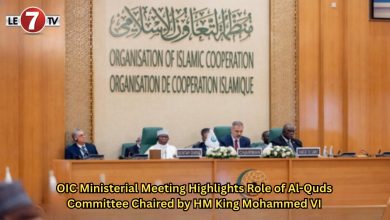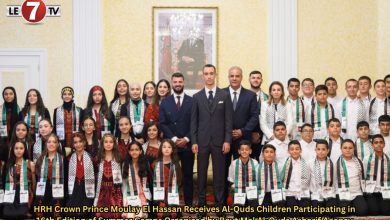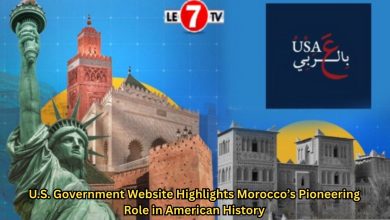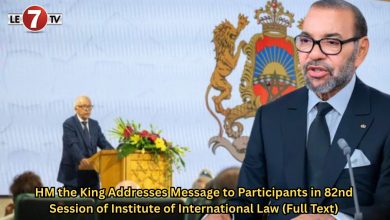Morocco affirms its status as an “Emerging Country”: Ambitious projects for a bright future
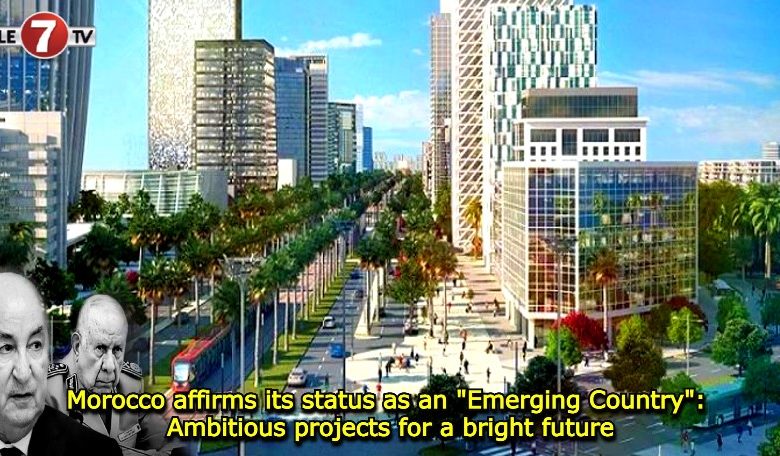
Once considered part of the Third World, Morocco has gradually established itself as an essential player in Africa, on the doorstep of the developed world. This shift in status, from a “developing country” to an “emerging country,” reflects a profound transformation and Morocco’s commitment to modernizing its infrastructure, industrializing its economy, and boosting its agriculture and services, all through a proactive development strategy. This modernization process now positions Morocco as a regional and even continental leader, firmly embracing a strategy of “Africanization” of its economy.
For nearly two decades, Morocco has witnessed grand-scale projects: the Tanger-Med port, a leading logistics hub in the Mediterranean; the modern highway network linking cities and regions; the impressive Noor solar power stations, among the largest in the world; and the high-speed rail line connecting Tangier to Casablanca, the first of its kind in Africa. These monumental achievements underscore Morocco’s determination to transform its potential into economic power.
However, Morocco’s development is marked by contrasts, as the rise of major cities coexists with rural regions still struggling to keep up with this rapid pace. The gap between modern urban centers and remote rural areas highlights a “dual-speed economy,” compounded by the persistence of an informal economy that complicates fiscal frameworks and limits access to basic services for some of the population.
Despite these challenges, the Kingdom continues its upward trajectory. Today’s Morocco is younger, more dynamic, and more connected than ever. With a population of nearly 40 million, half of whom are under 25, the country faces a unique demographic opportunity. However, social and economic disparities remain significant: unemployment affects around 15% of the population, and income gaps are considerable. These economic and social inequalities underscore the urgency for inclusive modernization.
To ensure a prosperous future for its youth and establish itself as a regional reference, Morocco must accelerate its educational revolution. Building a high-quality education system that meets the demands of the 21st century will be the cornerstone of sustainable transformation. A modernized education, breaking away from traditional models, is essential to equip future generations to meet the challenges of a rapidly changing world.
With this strategic vision, tomorrow’s Morocco will be able to fully harness its potential and strengthen its place on the African and global stage. Driven by its youth, resources, and capacity for innovation, the Kingdom has already embarked on its journey toward emergence. It is with pride and optimism that we can affirm that today’s Morocco has little in common with the country of the early 2000s: it is a nation in motion, resolutely focused on an ambitious and glorious future.
Abderrazzak Boussaid / Le7tv


